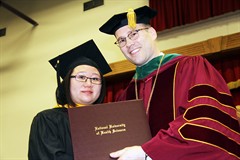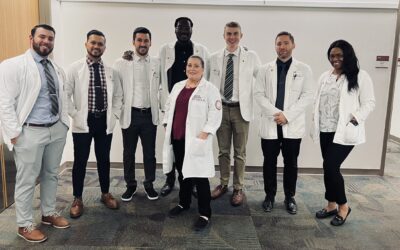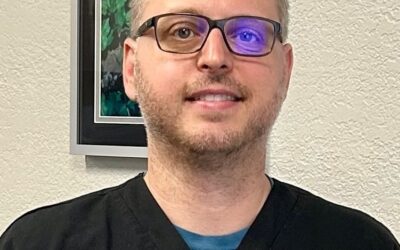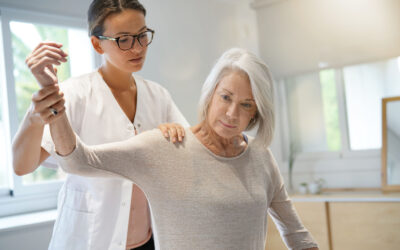 Meet recent graduate, Fan Jiang of Beijing, who received her master of science degree in oriental medicine from National University of Health Sciences this past December. Not only did Fan graduate as valedictorian of her class, she finished the program one trimester early.
Meet recent graduate, Fan Jiang of Beijing, who received her master of science degree in oriental medicine from National University of Health Sciences this past December. Not only did Fan graduate as valedictorian of her class, she finished the program one trimester early.
Fan Jiang first came to the United States in 2006 to earn a bachelor’s degree in biochemistry from the University of Minnesota in Duluth. She’d studied English since the fourth grade, and was confident she could succeed as an international student.
She initially planned to forge a career in biochemistry, but found she didn’t enjoy it enough to build a lifetime of work in the field. “I started to explore other career and graduate school options, and considered becoming a pharmacist,” says Fan. “But in my gut, I just didn’t feel that working with drugs was the right answer for me. It didn’t seem like the best approach to health care.”
That’s when Fan decided to explore oriental medicine. “Since I was born and raised in China, I did have a bit of knowledge about oriental medicine, but surprisingly, I’d never had acupuncture. I was a little afraid of needles when I was younger!” she says. “However I had taken herbs before, and had seen many success stories among people I know who had used traditional herbal medicine.”
Fan chose NUHS for her oriental medicine degree. “I liked the clinical part of the program. This profession is hands on. The more experience you have, the more cases you see, the better,” says Fan. “Our clinical experience here at NUHS is a big strength.”
During her clinical training, Fan not only worked as an intern in the on-campus integrative medical clinic, she also volunteered in treating veterans in the PTSD clinic, and spent two trimesters working with pain patients at Cook County’s Stroger Hospital.
She feels she’s had an advantage staying in the United States to complete her studies. “In China, it’s very hard to change your field once you’ve completed your university entrance examinations. If I’d stayed in Beijing, I would have had little choice but to remain in biochemistry.”
However, she does feel that westerners can still learn more about oriental medicine from Chinese culture. “Where I live, oriental medicine is part of daily life and of keeping well – not just something we turn to when we get sick, ” says Fan. “I think too often people here wait to see the doctor until they have a severe problem, which makes it harder to treat. If you can help patients balance their chi, their diet and their lifestyle earlier, they might not get sick.”
To explore more about the master’s degree programs in acupuncture and oriental medicine at National University, make plans to attend a “Student for a Day” or Campus Visit Day event.




0 Comments